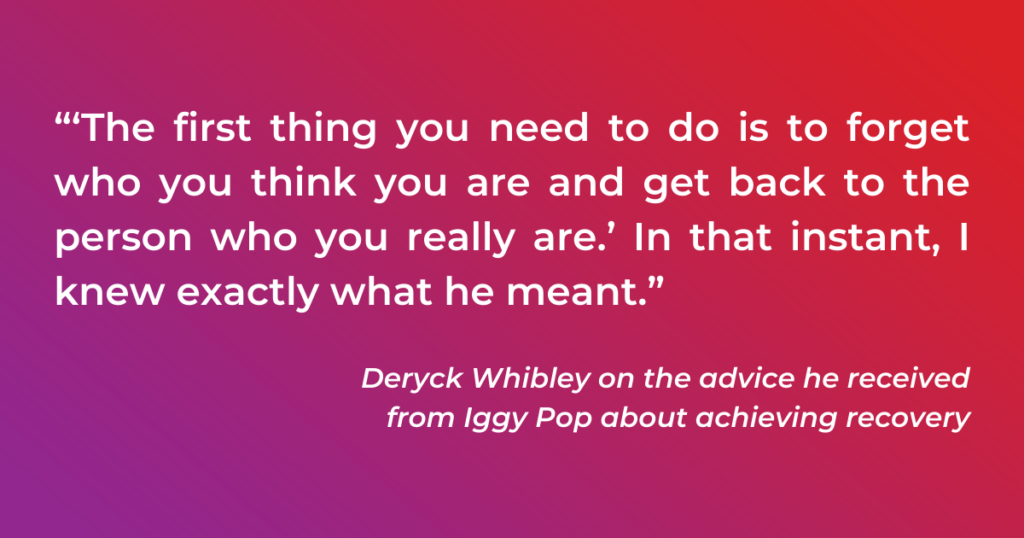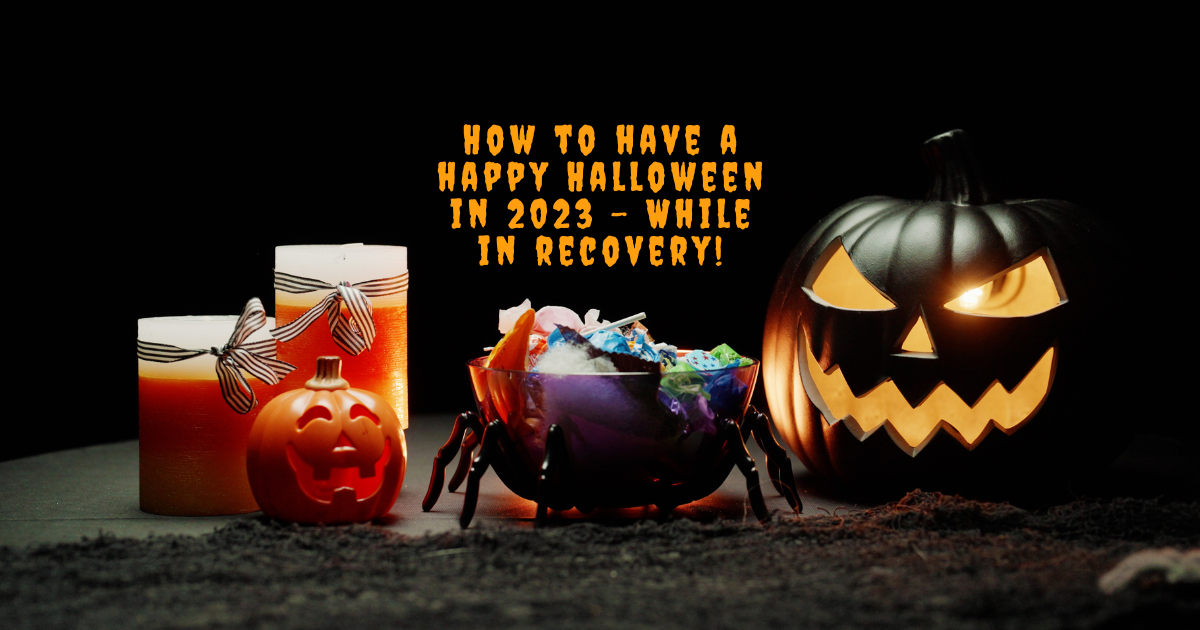When people think of addiction, they often picture individuals trapped in dark places or battling inner demons. They don’t usually picture Sum 41 frontman Deryck Whibley. As his story has shown, this isn’t always the case. Whibley’s journey to addiction recovery sheds light on the complex relationship between drugs, alcohol, and the pressures of the music industry, as well as the healing power of music.
Deryck Whibley’s Addiction Recovery Story
Deryck Whibley has always been open about his struggles with physical health, mental health, and addiction.
“There is some kind of misconception where people assume if you’re taking drugs, or you’re drinking a lot, that you have some sort of demon or you’re in a dark place,” Whibley said. “But so often, it just isn’t like that.”
In the aftermath of Sum 41’s sixth record, Screaming Bloody Murder, Whibley began using alcohol to manage pain from a herniated disc. Despite being a heavy drinker, Whibley didn’t feel mentally addicted to alcohol, but his body became dependent on it.
“I was in a lot of physical pain, and we were on tour, and didn’t really stop to take care of myself,” Whibley said. “I found that if I had a couple of extra drinks than I normally would, well, all the pain would kind of go away.”
Spiraling Out of Control
With the band’s hard-partying lifestyle and Whibley’s increasing reliance on alcohol, things began to spiral out of control. The situation was further complicated by his mental health struggles, including anxiety and panic attacks. Whibley continued to use alcohol to manage his emotional and physical pain, creating a vicious cycle.
“I was getting worse panic attacks, and I was drinking to cover those up,” Whibley said. “I would hurt my back again, and I was drinking to cover that up. It was just a cycle.”
Recovery Begins
Advice From a Punk Rock Legend
Whibley was hospitalized with liver damage due to excessive drinking in 2010. During his time in the hospital, he realized the importance of music in his life and sought advice from punk legend Iggy Pop. The Stooges frontman shared insight on how Whibley could redefine his identity as a musician without alcohol.
Whibley shares the valuable advice he received: “[Iggy] said, ‘The first thing you need to do is to forget who…you think you are and get back to the person who you really are.’ In that instant, I knew exactly what he meant.”
With Iggy’s guidance, Whibley began to rebuild his life and identity. Now, eight years into his recovery, Whibley is preparing to release a new Sum 41 record, titled Heaven and Hell, and embark on a tour with fellow Canadian pop-punk icons Simple Plan.
The journey to recovery has been challenging. Whibley has found strength in focusing on his music. He also concentrates on his personal growth.
Maintaining sobriety on the road is difficult. Whibley has discovered that letting the other band members continue their usual activities without him actually helps. This focus aids him in staying on track with his recovery. Whibley is now a married father. He has a newfound appreciation for the life he has built. The importance of staying in recovery is clear to him. He observes his bandmates partying and reflects on it.
“I find that it helps me in some ways, because I’ve never once — not one single time — looked at the other guys being drunk, seen what they’re talking about, and said, ‘Man, I wish I was a part of that,’” Whibley said. “I look at it and go, ‘[Thank goodness] I’m sober and I’m not in that conversation.’”
Rising Above Alcohol Use Disorder
Deryck Whibley’s journey serves as a powerful reminder that addiction can manifest in many forms and that recovery is an ongoing process. By sharing his story, Whibley offers hope and inspiration to others who may be facing similar challenges. His experiences demonstrate the power of music as a healing force and the importance of finding one’s true identity beyond the expectations of others.
Whibley’s transformation shows that it’s possible to rise above addiction and redefine oneself in a healthier, more fulfilling way. The support and guidance he received from a fellow musician helped him navigate this challenging journey, proving that a strong support system can be crucial to recovery.
Looking ahead to a new chapter in his life and career, Whibley serves as a shining example of the strength and resilience found in recovery. His story is a testament to the power of self-discovery, personal growth, and the transformative impact of music.
Support Addiction Recovery and Empower Others Today
Are you or someone you know struggling with addiction? Don’t wait to seek help. Call Landmark Recovery at 888-448-0302 and take the first step towards choosing recovery over addiction.
Find the support, guidance, and strength you need to rise above addiction and embrace a new, healthier future.

Choose Recovery Over Addiction
We're here 24/7 to help you get the care you need to live life on your terms, without drugs or alcohol. Talk to our recovery specialists today and learn about our integrated treatment programs.





